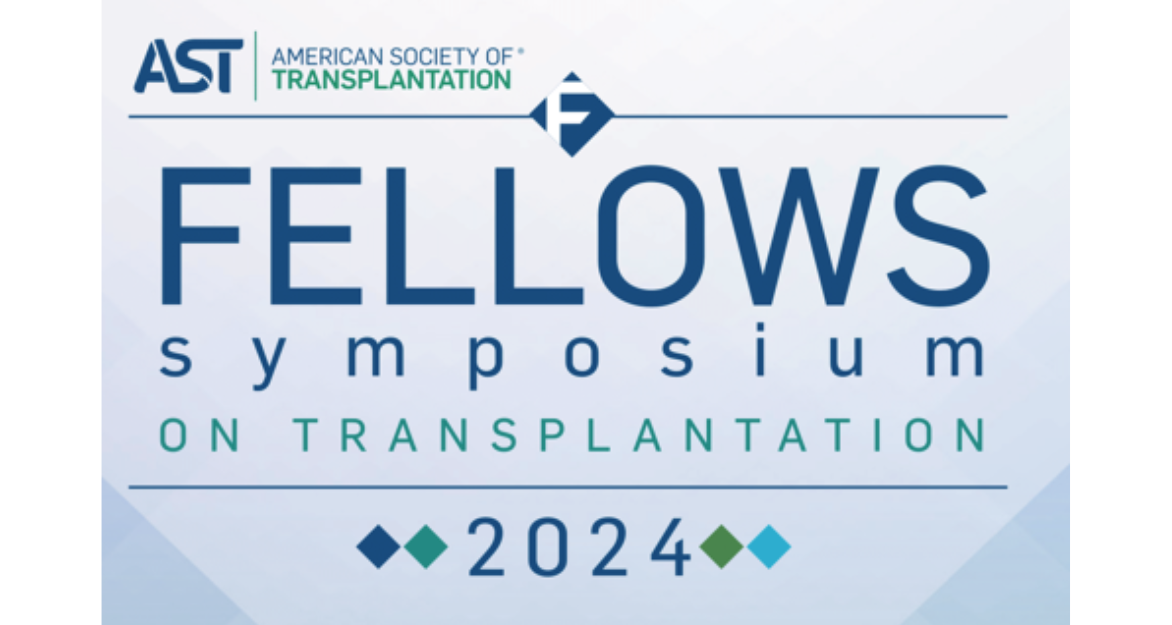AST/AJT Journal Club hosted by the TCC COP
February 18, 2020 from 02:00pm to 03:00pm EST
"An early investigation of outcomes with the new 2018 donor heart allocation system in the United States."
Tuesday, February 18, 2020 from 2:00 PM ET to 3:00 PM ET • Hosted by the Thoracic and Critical Care Community of Practice (TCC COP)
"An early investigation of outcomes with the new 2018 donor heart allocation system in the United States."
(J Heart Lung Transplant. 2020 Jan;39(1):1-4. doi: 10.1016/j.healun.2019.11.002. Epub 2019 Nov 20.)
In this article:
Since 2005, the United States donor heart allocation system assigned patients awaiting transplantation with measurably distinct outcomes into a single high urgency priority status. In this old system, patients in cardiogenic shock as well as ambulatory stable patients with complications of a left ventricular assist device (LVAD) were allocated to a similar status of highest urgency and competed equally for donor organs. This led to overcrowding of the list within this high urgency status category with consequent prolongation of waiting times and concerns of inequity in allocation across several geographic regions. In response to this issue, and to provide greater opportunity for candidates disadvantaged by the allocation system (such as those with congenital heart disease or restrictive cardiomyopathy syndromes), the donor heart allocation system was redesigned in the United States on October 18, 2018. [In the new system,] patients in cardiogenic shock and supported with therapy such as extracorporeal membrane oxygenation (ECMO) or other non-dischargeable biventricular mechanical circulatory support were assigned to the highest urgency status, whereas those with lesser degrees of support were distributed into a descending rank order of priority in urgency.... [The authors now] report on early outcomes of this transition to the new 2018 allocation system within the United States.
Speakers:
Mandeep Mehra, MD • Brigham and Women's Hospital, Boston, MA
Moderator:
Shelley Hall, MD, FACC, FHFSA, FAST • Baylor University Medical Center, Dallas, TX
AST/AJT Journal Clubs are free to both AST and non-AST members, but registration is required. Please feel free to share the registration link with colleagues and fellows who may be interested in the discussion.

